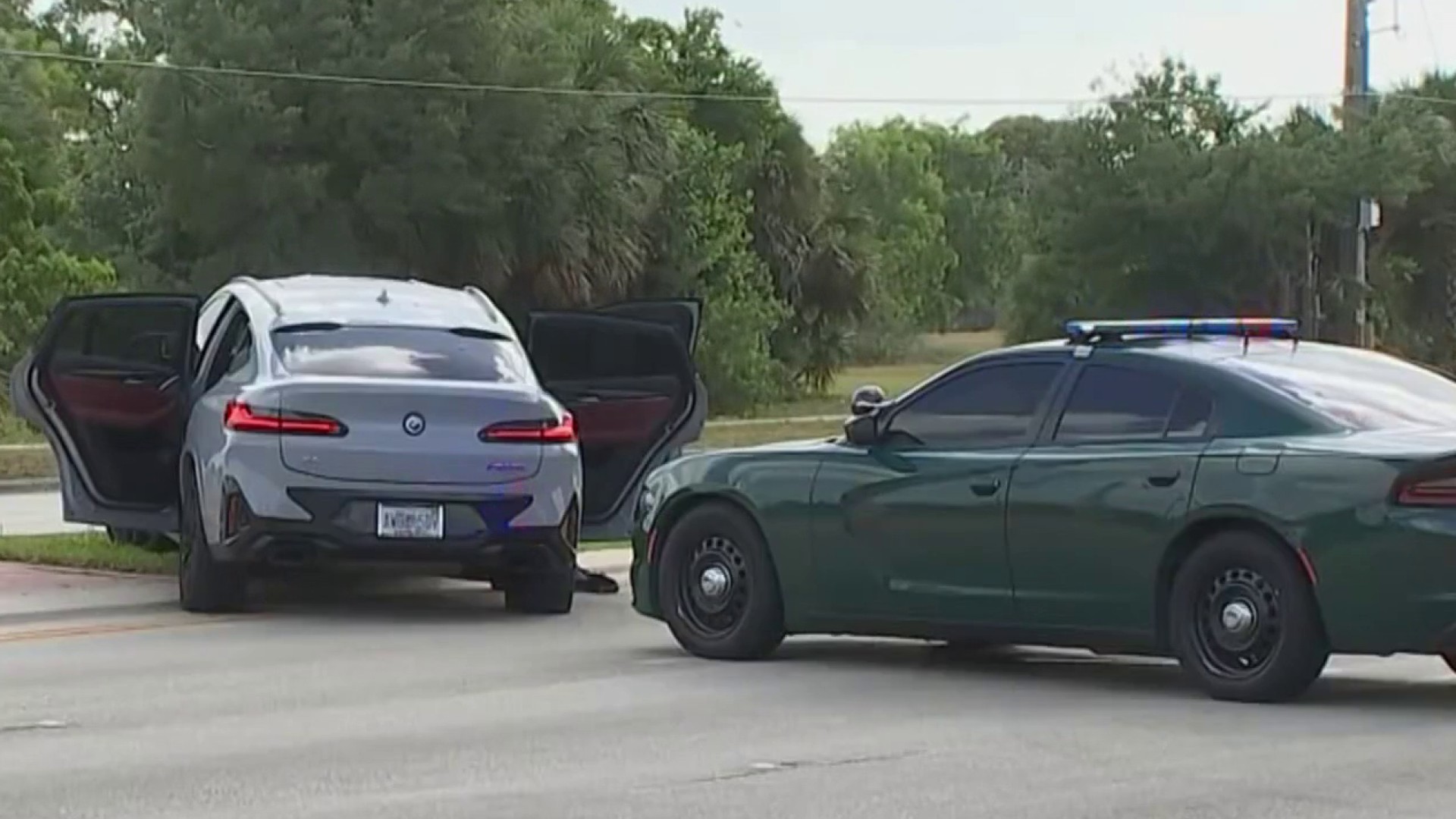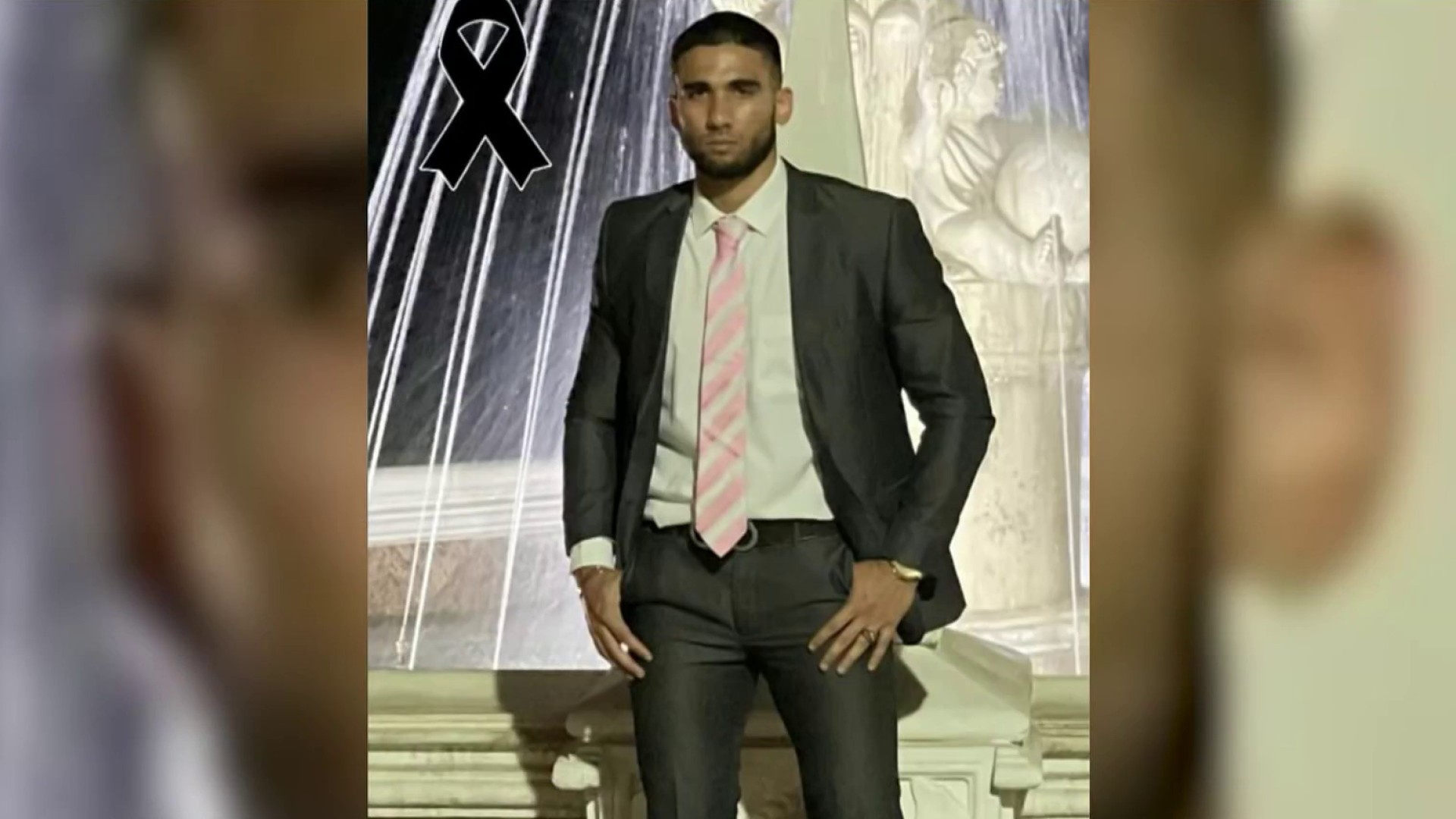A judge on Friday revoked the bond of neighborhood watch volunteer George Zimmerman who is charged in the killing of Trayvon Martin and ordered that he turn himself in within 48 hours.
The move came after prosecutors asked the judge to revoke Zimmerman's bond during a hearing because, they said, he misled them about his finances and his passport when testifying during a bond hearing after which he was ultimately released from jail on a $150,000 bond.
“And he can’t sit back and obtain the benefit of a lower bond or circumstances based upon those material falsehoods. That’s what they were. So at this time, revoke his bond, place him on no bond status. Find that good cause exists based upon the material misrepresentations that the court relied upon. Order him to surrender himself within 48 hours to the sheriff of Seminole County," Seminole County Circuit Court Judge Kenneth Lester said.
“I understand the state’s position on it. I disagree with it," Zimmerman's attorney Mark O'Mara told reporters when asked about his client and his wife being called liars.
The Seminole County Sheriff's Office said in a statement Friday night that it is aware of Zimmerman's location and plans to remain in constant contact with him.
Zimmerman has pleaded not guilty to second-degree murder for the killing of Martin, 17, of Miami Gardens in a Sanford gated community on Feb. 26. Zimmerman claims self-defense.
During the initial bond hearing, Zimmerman's family testified they had limited funds.
Zimmerman's attorney said several days later that he had discovered his client had raised more than $200,000 from a website. That money wasn't disclosed at the bond hearing.
Prosecutor Bernardo De la Rionda said Friday both Zimmerman and his wife misled the court and lied. He cited recordings of telephone calls between Zimmerman and his wife where they discussed the money prior to his bond hearing. He urged the judge to bring Zimmerman and his wife for extensive questioning and told reporters he would release the recordings at the appropriate time.
"If this wasn't relevant to bond, then why did they lie about it. Why was it necessary to say they had no money?" Rionda said. "This is an egregious violation of the law."
O'Mara made the case that Zimmerman and his wife did not take advantage of the large amount of money in the defense fund, which O'Mara did not initially know about, to get himself out of jail and take off. They only used $5,000 of the fund for his bond, O’Mara noted.
He told the judge that the misrepresentation of Zimmerman’s finances, given the circumstances, “was more on the side of an innocent misunderstanding than a devious intent to hide money from you.”
O'Mara also cited Zimmerman's continued cooperation with the police and his respectful behavior in court and since his release.
O'Mara said Zimmerman lost his first passport in 2004, then found it again recently when he was moving. That passport was sent to the court the week after Zimmerman was released from jail, he said.
Lester said he did not have a problem with the passport issue.
Benjamin Crump, the attorney for the Martin family told reporters,"We fully expect that the special prosecutor will make George Zimmerman’s credibility be front and center in this entire case. And whatever dishonesty that comes forth by George Zimmerman that they can prove, you can best believe that it will be the issue of this case, and rightfully so."
Local
At the beginning of the hearing, NBC 6 and several other media companies sought to to have records in the Zimmerman case made open to the public.
Those documents normally are part of the public record under Florida law, and the judge agreed.
Lester said he would order the release of the documents once he has reviewed them and redacted items that aren't subject to disclosure under the state's public records law.
Rionda told the judge releasing the record could "severely impact the ability to try this case in this county, maybe in the state of Florida."
Prosecutors say Zimmerman's statements are inconsistent, and Zimmerman's attorney believes his emails and text messages could prejudice potential jurors. Both sides also say they worry that witnesses will be harassed if their names are released.
O'Mara said he worried exposing the witnesses' personal information could "potentially change their statements."
"I truly want to have one trial and a fair trial that gets only the facts that they are supposed to get," O'Mara said. He said he believed the trial would not be held until next year.
The media's motions say the attorneys' requests are too broad. Some 13 media companies, including NBC 6, are part of the motions.
Rachel Fugate, an attorney for the Orlando Sentinel, cited the Casey Anthony trial as an example of a highly publicized case in which a jury was able to be seated despite intense media coverage. The Florida mother was acquitted last year of killing her 2-year-old daughter.
"Discovery in Florida has traditionally been open ... and Florida hasn't encountered problems seating juries and giving defendants fair trials," Fugate said.
Though the judge said he agreed with the state and Zimmerman's attorney, he said the law was against them. He said much of what the media was requesting would likely be released within 30 days.
"I just have to figure out how to fashion the release of the bulk of the information," Lester said.



